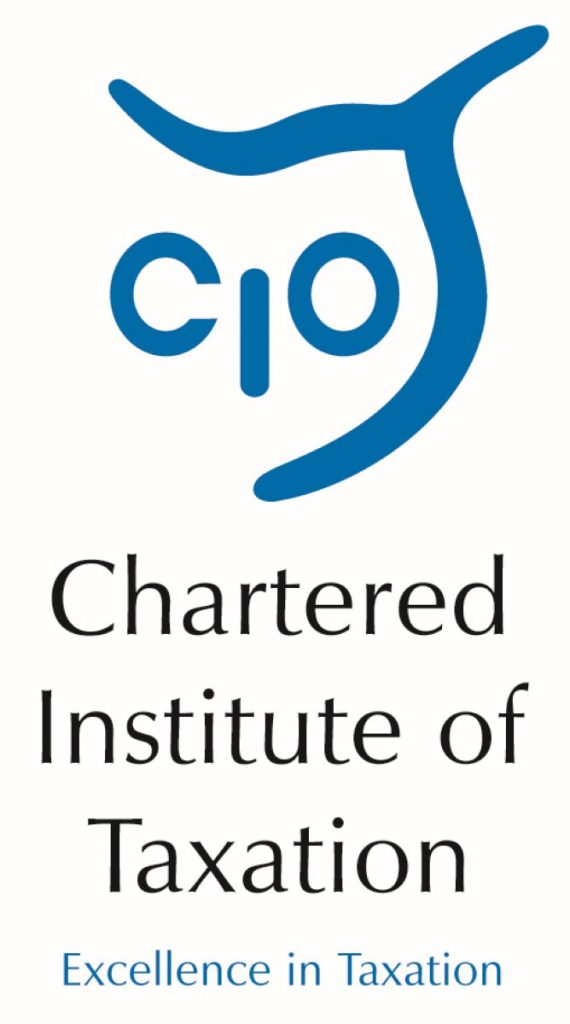Tax professionals have welcomed another strong performance from the body charged with administering and collecting Scotland’s devolved taxes but cautioned that the numbers are likely to fuel further concerns over the Scottish Government’s flagship property tax.
The Chartered Institute of Taxation (CIOT) was responding to the publication today (26 September) of Revenue Scotland’s annual report for 2016/17.
Among the headline findings in the report were:
· An increase in the total overall amount of tax collected from £572 million in 2015/16 to £633 million in 2016/17, with the total overall amount of tax collected since Revenue Scotland’s creation in 2015 passing the £1 billion mark
· 98.8% of tax returns submitted online (98.1% in 2015/16), with more than 93% of tax payments made on time
· An increase in compliance and enforcement activity generating additional tax revenue and penalties for non-compliance
However, the Institute noted that despite an increase in the total amount of revenue generated from Land and Buildings Transaction Tax (LBTT) between 2015/16 and 2016/17, the £484 million generated was £54.4 million less than the Scottish Government’s own forecasts for the amount of tax it hoped to generate, contained in its 2016/17 budget.
Meanwhile, receipts generated from Scottish Landfill Tax (SLfT) outperformed forecasts, generating £149 million – £16 million more than forecast.
The Institute noted almost across the board improvements in Revenue Scotland’s key performance indicators and noted that steps were being taken to address concerns relating to employee engagement and staff sickness/absence.
Commenting on the report, Moira Kelly, Chair of the CIOT Scotland Technical Committee, said:
“2016/17 has been another year of progress and achievement for Revenue Scotland as it gets to grips with Scotland’s devolved tax powers.
“There has been an almost across the board upturn in the organisation’s performance, with more tax collected, increased compliance and enforcement activity and more and more people submitting their returns online and on time.
“But while Revenue Scotland has overseen increases in the overall amount of LBTT and SLfT generated, it’s impossible not to note the discrepancies between the actual amount of LBTT generated and the amount that was initially forecasted by Scottish Ministers in the budget for 2016/17.
“Forecasting is – as we often hear – a very inexact science, but these figures are likely to fuel further concerns relating to the vulnerability of LBTT receipts and the potential impact that this may have on future Scottish budgets.”
Revenue Scotland will assume responsibility for administering Scotland’s new Air Departure Tax when it is introduced on 1 April 2018.
ENDS
Contact: Chris Young, External Relations Officer, 07900 241 584; cyoung@ciot.org.uk
Notes for editors
1. The Chartered Institute of Taxation (CIOT)
The CIOT is the leading professional body in the United Kingdom concerned solely with taxation. The CIOT is an educational charity, promoting education and study of the administration and practice of taxation. One of our key aims is to work for a better, more efficient, tax system for all affected by it – taxpayers, their advisers and the authorities. The CIOT’s work covers all aspects of taxation, including direct and indirect taxes and duties. Through our Low Incomes Tax Reform Group (LITRG), the CIOT has a particular focus on improving the tax system, including tax credits and benefits, for the unrepresented taxpayer.
The CIOT draws on our members’ experience in private practice, commerce and industry, government and academia to improve tax administration and propose and explain how tax policy objectives can most effectively be achieved. We also link to, and draw on, similar leading professional tax bodies in other countries. The CIOT’s comments and recommendations on tax issues are made in line with our charitable objectives: we are politically neutral in our work.
The CIOT’s 18,000 members have the practising title of ‘Chartered Tax Adviser’ and the designatory letters ‘CTA’, to represent the leading tax qualification.





-01.png)